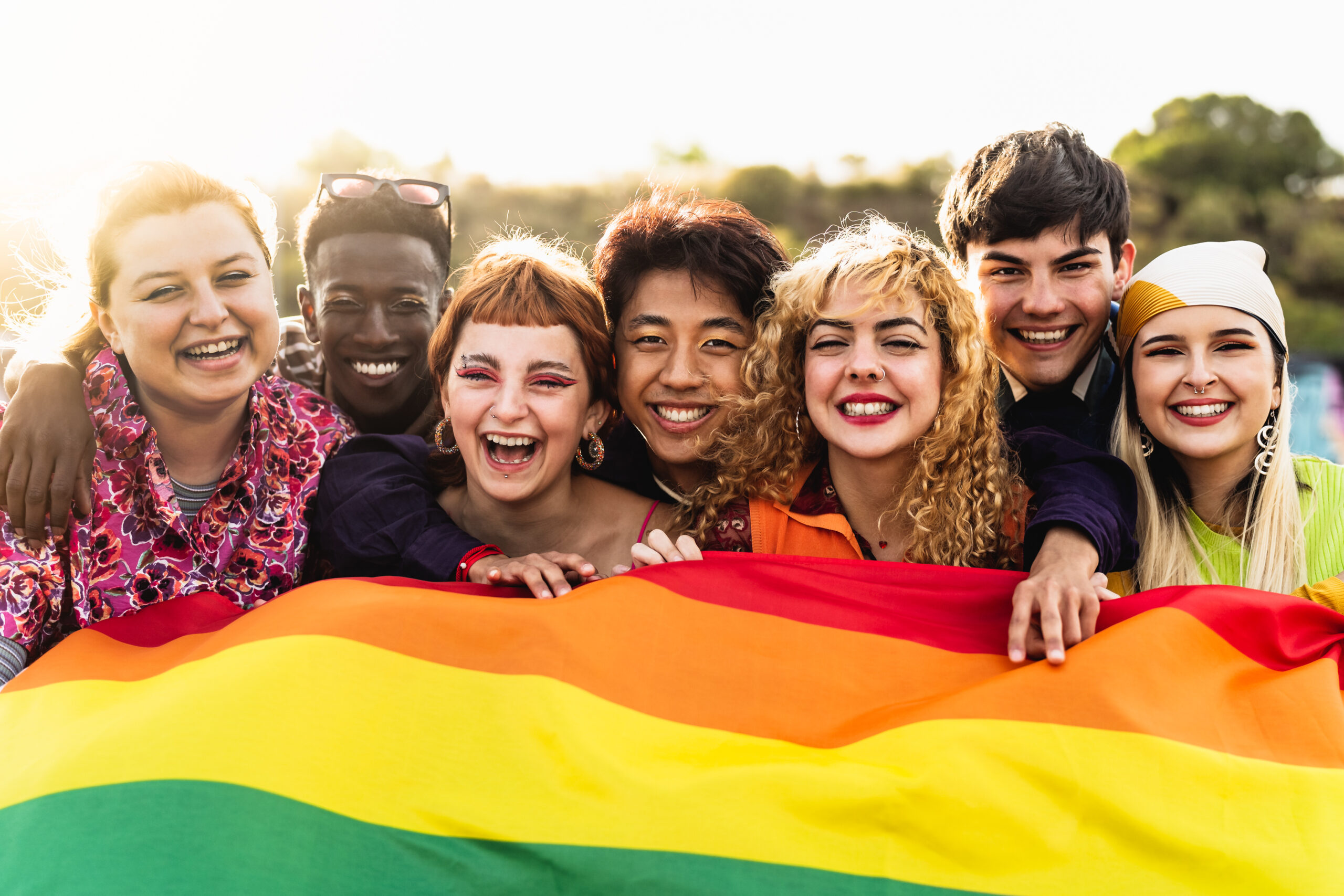
The journey toward sexual health can be complex for LGBTQ+ individuals, as they often encounter unique challenges that differ from those faced by their heterosexual counterparts. Understanding these challenges and knowing where to find support is essential for fostering a healthier and more inclusive community. This blog aims to address specific sexual health issues within the LGBTQ+ community, provide resources, and highlight advocacy efforts for sexual health rights.
Common Sexual Health Challenges in the LGBTQ+ Community
1. Stigma and Discrimination
One of the most significant barriers to sexual health for LGBTQ+ individuals is the stigma and discrimination they face. Many LGBTQ+ people experience:
- Fear of Rejection: Concerns about being judged or rejected by healthcare providers can deter individuals from seeking necessary medical care or sexual health resources.
- Mental Health Issues: The stress of living in a society that often marginalizes LGBTQ+ identities can lead to higher rates of anxiety, depression, and other mental health concerns, further impacting sexual health.
2. Lack of Inclusive Healthcare
Not all healthcare providers are equipped to address the specific needs of LGBTQ+ patients. Challenges include:
- Limited Knowledge: Some healthcare professionals may lack understanding of LGBTQ+ health issues, leading to inadequate care or misdiagnosis.
- Inaccessible Services: Certain sexual health services may not cater to the unique needs of LGBTQ+ individuals, such as hormone therapy for transgender individuals or sexual health screenings tailored to specific risk factors.
3. Increased Risk of Certain Health Issues
LGBTQ+ individuals may face increased risk for various health issues, including:
- STIs: Higher rates of sexually transmitted infections (STIs) have been reported in the LGBTQ+ community, particularly among men who have sex with men (MSM) and transgender individuals.
- Substance Abuse: The pressure of societal stigma can lead to higher rates of substance abuse as individuals seek ways to cope.
Solutions and Resources for LGBTQ+ Sexual Health
1. Seeking Inclusive Healthcare
Finding healthcare providers who are knowledgeable and sensitive to LGBTQ+ issues is crucial. Tips include:
- Research LGBTQ+-Friendly Clinics: Many organizations specialize in providing inclusive healthcare. Look for local LGBTQ+ health centers or clinics that explicitly advertise their commitment to LGBTQ+ care.
- Ask Questions: Don’t hesitate to inquire about a provider’s experience with LGBTQ+ health issues. A good provider will be open to discussing their qualifications and approach.
2. Education and Awareness
Empowerment through education is key to overcoming barriers to sexual health. Consider the following:
- Community Workshops: Participate in workshops focused on sexual health and LGBTQ+ issues to gain knowledge and build community connections.
- Online Resources: Utilize reputable websites that offer information on LGBTQ+ health concerns, such as the Human Rights Campaign, Planned Parenthood, and the World Health Organization.
3. Advocacy for Sexual Health Rights
Advocacy plays a vital role in improving sexual health resources for the LGBTQ+ community. Ways to get involved include:
- Support LGBTQ+ Organizations: Many organizations work toward promoting sexual health rights and equitable healthcare access. Supporting these organizations through donations or volunteer work can help amplify their efforts.
- Raise Awareness: Sharing information about LGBTQ+ health issues on social media or in your community can help raise awareness and foster understanding.
Conclusion
Sexual health for LGBTQ+ individuals encompasses a unique set of challenges, but with the right resources, education, and support, these challenges can be navigated successfully. By advocating for inclusive healthcare, promoting education, and challenging stigma, we can create a more supportive environment for everyone.
Call to Action
If you are an LGBTQ+ individual seeking support for your sexual health, reach out to local resources or organizations dedicated to LGBTQ+ health. Remember that you are not alone, and there are people and resources available to help you navigate your journey toward sexual wellness.

